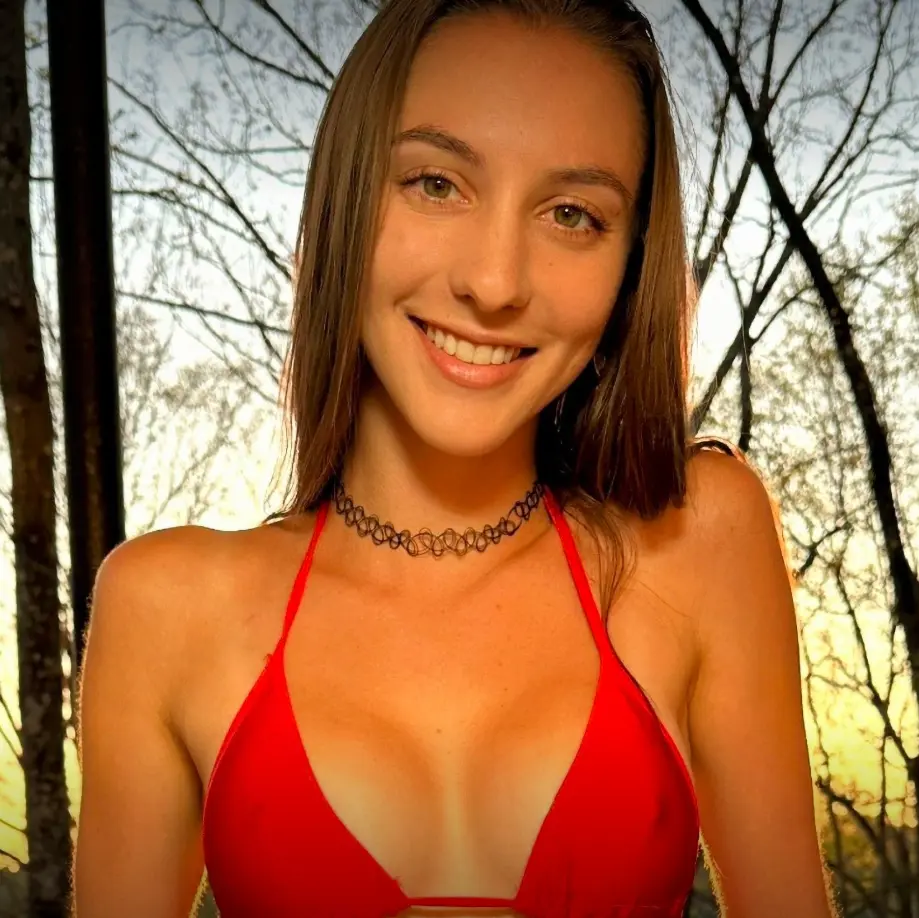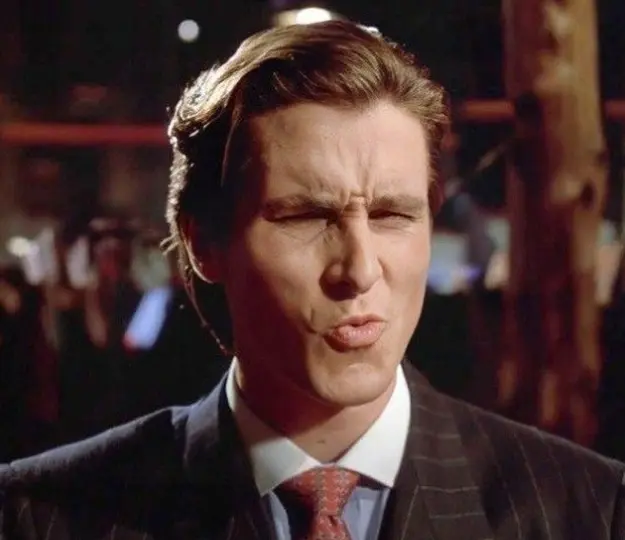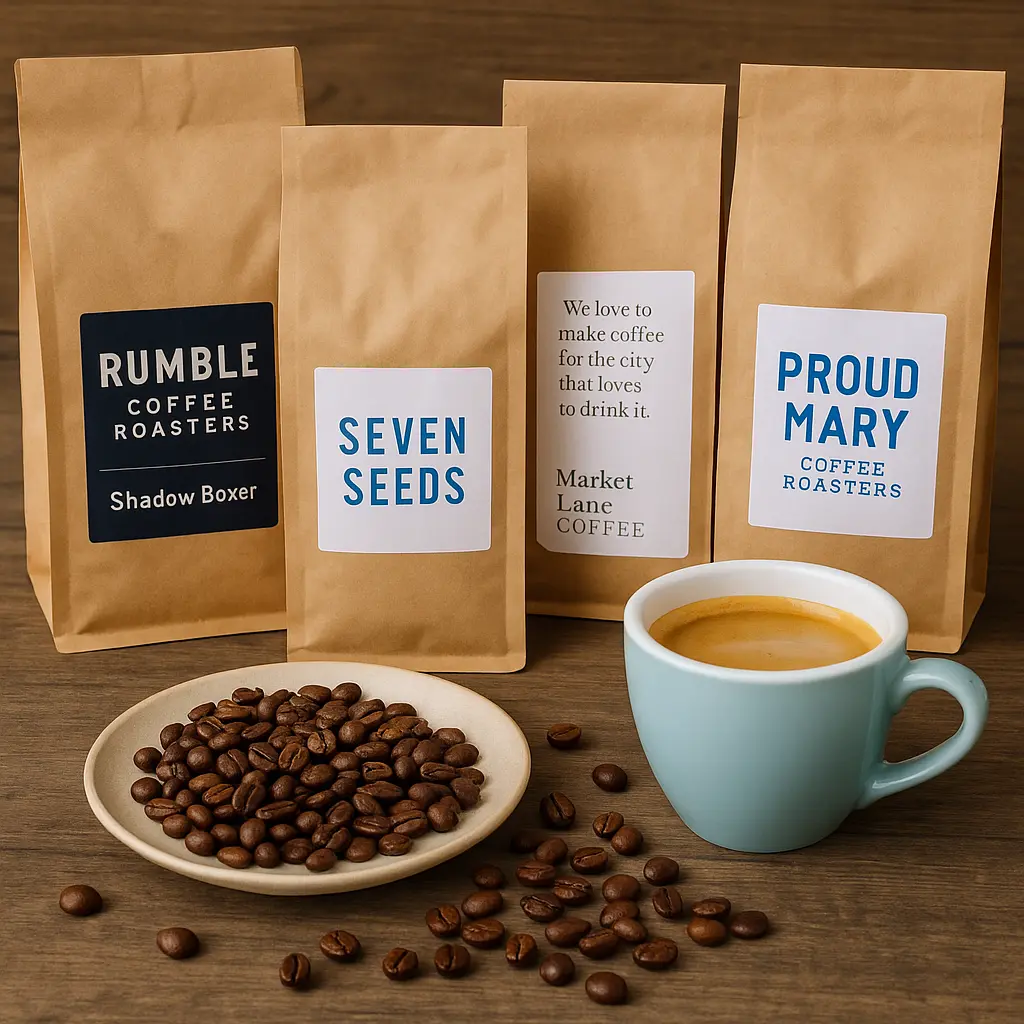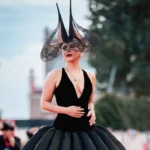Now Reading: KKona meaning and origin: A guide for Australian gamers
-
01
KKona meaning and origin: A guide for Australian gamers
KKona meaning and origin: A guide for Australian gamers
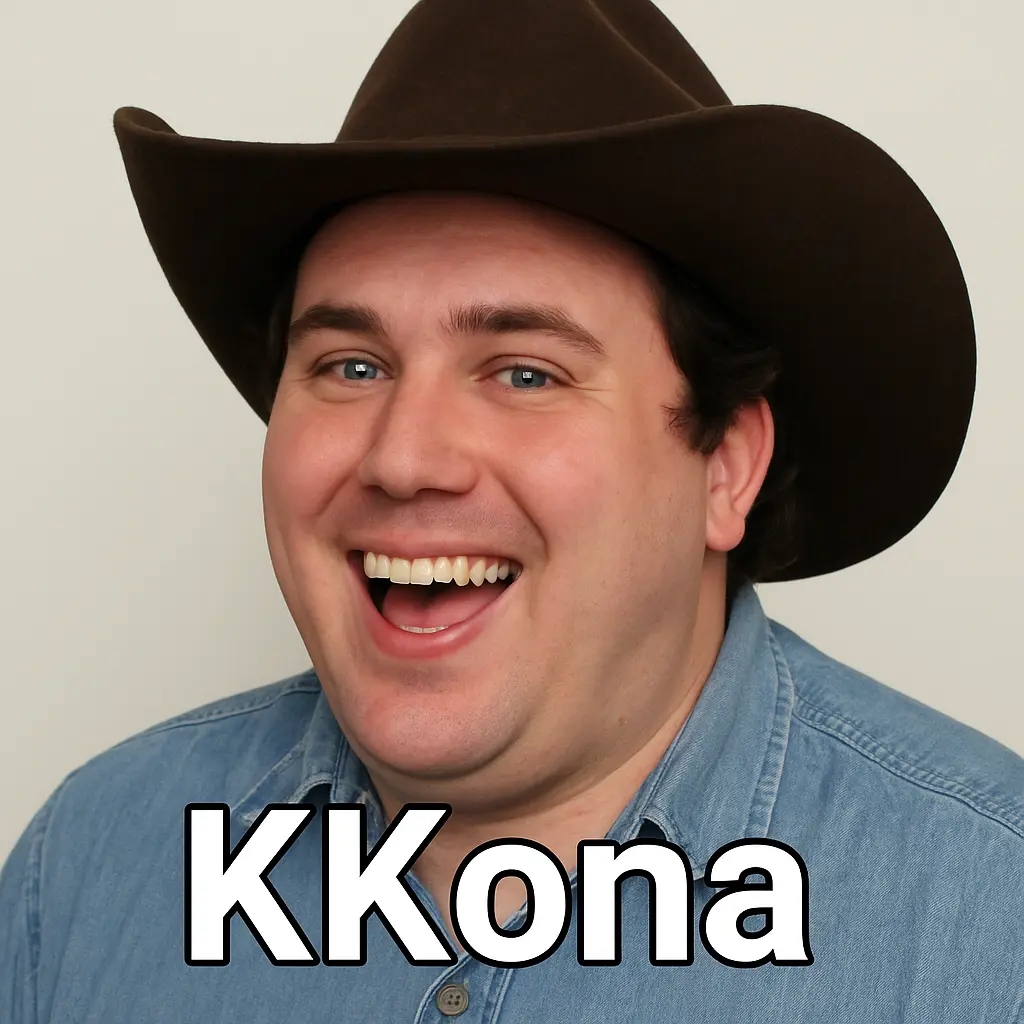
Twitch emotes are a language of their own in the world of online gaming and streaming. They can express their feelings, thoughts and cultural jokes with one phrase or picture. KKona is one of these emotes that still makes people laugh and sometimes causes trouble.
For Australian gamers and Twitch viewers, knowing KKona gives them a unique look at internet humour and streaming culture. This article talks about what KKona means, where it came from, how it’s used and why it’s important to Australian readers.
What does KKona stand for?
KKona is a Twitch emote that shows the face of broadcaster Konas “Kona” Korner smiling. It is commonly used to show typical or over-the-top “American” behaviour, especially the kind that is often linked to rural or southern culture, like
- Driving pickup trucks with lifts
- Putting on cowboy hats and boots
- Speaking about American customs
- Speaking in an arrogant or “redneck” way
When someone in chat or on live does something that people think is a “classic American moment,” viewers often spam KKona in response. They don’t mean to be mean; they’re just joking.
Where did KKona come from?
The KKona gesture comes from a Comic-Con event in 2010 where Kona took a picture with actress Danielle Spencer. In 2015, the BetterTTV (BTTV) extension uploaded the picture of Kona smiling with confidence to Twitch, where it became a global emote.
Since then, it has become more popular, especially with people who like to make fun of American cultural norms in a fun way.
How to use KKona on Twitch
If you’re an Aussie who watches Twitch and wants to join in the fun, here’s how to use the KKona emote:
- Add the BetterTTV (BTTV) browser plugin.
- KKona will show up in chat automatically after you install it, as long as your settings allow it.
- To send the emoticon, type KKona in any chat that supports BTTV.
You can also get premium versions like Golden KKona by subscribing to Kona’s Twitch channel.
KKonaW and other popular versions
KKona, like a lot of other Twitch emotes, has different versions. One version that stands out is
- KKonaW is a zoomed-in, exaggerated “wide” form of the expression that people employ to make a point or to respond more loudly.
When fast-moving reactions occur in a chat, KKonaW often receives spam. This is the kind of moment that makes Aussie viewers laugh.
Why Australian gamers like KKona
Australian gamers often look at American society in a different way. It’s easy to spot the clichéd parts of American culture in Hollywood movies, sports broadcasts and American streamers. Sometimes they are so over the top that they are funny.
KKona gives Australian audiences a fun way to:
- Share your thoughts on those occasions without needing to provide detailed explanations.
- Share jokes with people from other countries.
- Don’t be harsh when you make fun of stereotypes.
Many Australians like sarcasm and irony; therefore, KKona fits in well with Aussie comedy.
Is KKona rude?
This subject comes up from time to time, especially when cultural emotes make fun of stereotypes.
When used humorously, people typically do not perceive KKona as rude. Instead of critiquing people, it makes fun of a societal stereotype. But the tone and the situation do matter. Using the emoticon too much or in a rude or sarcastic way can make it seem inappropriate.
Tips for respectful use:
- Use it when the content clearly fits the stereotype, such as cowboy language, muscle automobiles, or strong patriotism.
- Don’t use it to make fun of people directly or to end serious conversations.
- Know the rules of the chatroom. Some streamers may not let KKona in if they think it would cause problems.
Cultural importance in 2025
Twitch and online gaming culture has matured in recent years, as has the discussion of emotes and their meaning. KKona is still relevant, although most people now see it as a joke with cultural roots rather than an insult or message.
A lot of younger Twitch users, especially in countries like Australia, use KKona more as a joke than as a remark about Americans. It shows how quickly language changes on the internet and how memes can bring gamers from all over the world together.
Conclusion
KKona is more than simply a face; it’s a sign of Twitch humour, cultural understanding and creative online expression. It gives Australian gamers a means to communicate with people from other countries, laugh at misconceptions that everyone has and be a part of the Twitch community, which is constantly changing.












